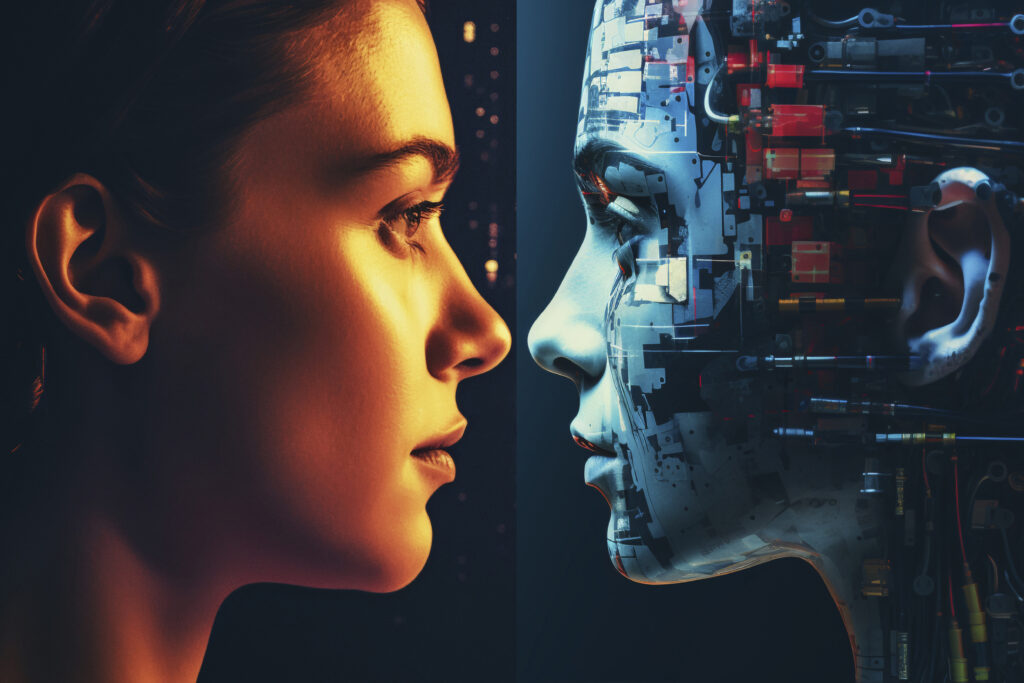Study reveals why humans adapt better than AI
Humans adapt to new situations through abstraction, while AI relies on statistical or rule-based methods, limiting flexibility in unfamiliar scenarios.

A new interdisciplinary study from Bielefeld University and other leading institutions explores why humans excel at adapting to new situations while AI systems often struggle. Researchers found humans generalise through abstraction and concepts, while AI relies on statistical or rule-based methods.
The study proposes a framework to align human and AI reasoning, defining generalisation, how it works, and how it can be assessed. Experts say differences in generalisation limit AI flexibility and stress the need for human-centred design in medicine, transport, and decision-making.
Researchers collaborated across more than 20 institutions, including Bielefeld, Bamberg, Amsterdam, and Oxford, under the SAIL project. The initiative aims to develop AI systems that are sustainable, transparent, and better able to support human values and decision-making.
Interdisciplinary insights may guide the responsible use of AI in human-AI teams, ensuring machines complement rather than disrupt human judgement.
The findings underline the importance of bridging cognitive science and AI research to foster more adaptable, trustworthy, and human-aligned AI systems capable of tackling complex, real-world challenges.
Would you like to learn more about AI, tech and digital diplomacy? If so, ask our Diplo chatbot!
